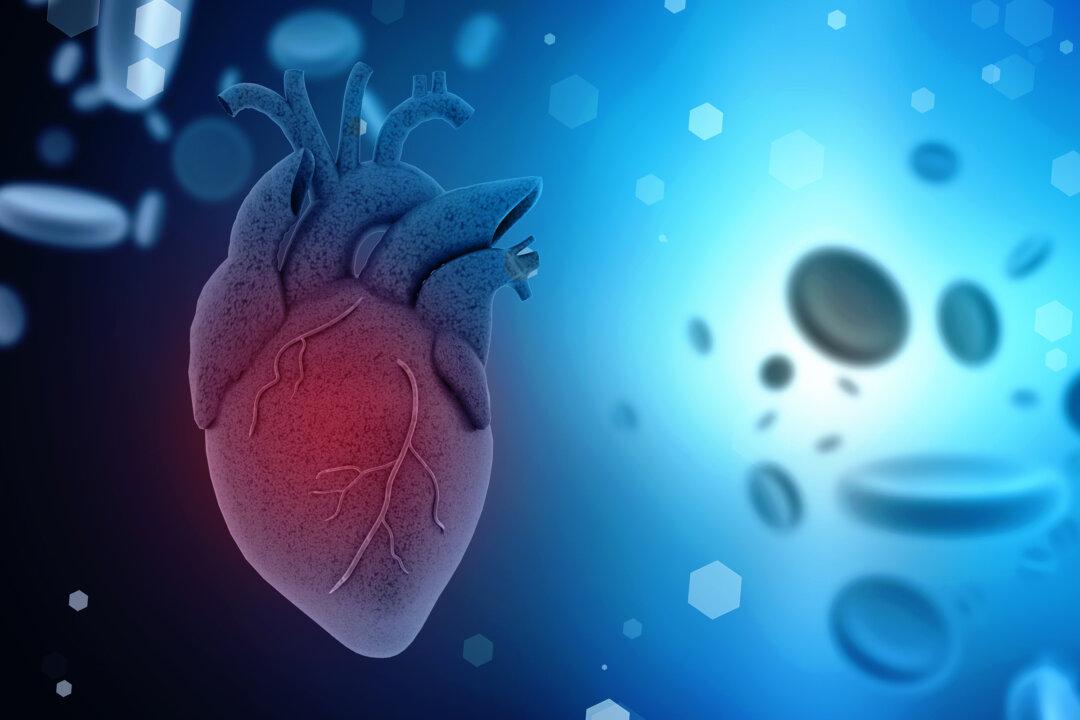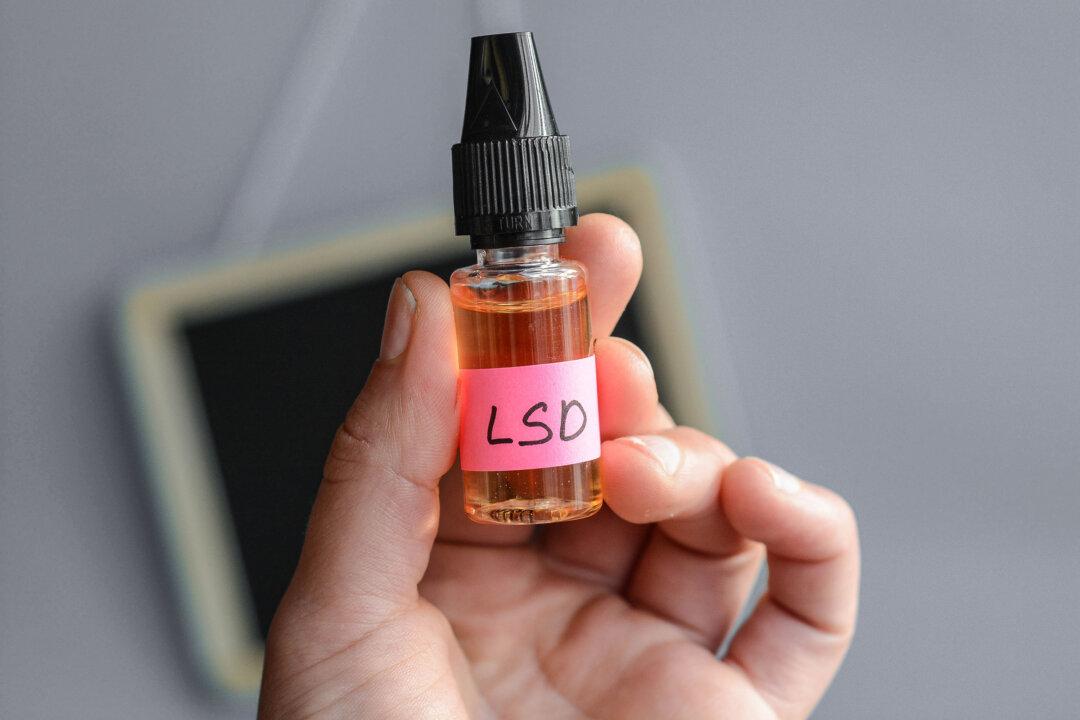A woman developed a rare case of acute kidney renal failure a few days after receiving her first dose of Pfizer-BioNTech’s COVID-19 vaccine. This vaccine injury adds to evidence that COVID-19 vaccines may promote the development of autoimmune diseases, or worsen existing cases.
This article was originally published by The Defender - Children’s Health Defense’s News & Views Website






